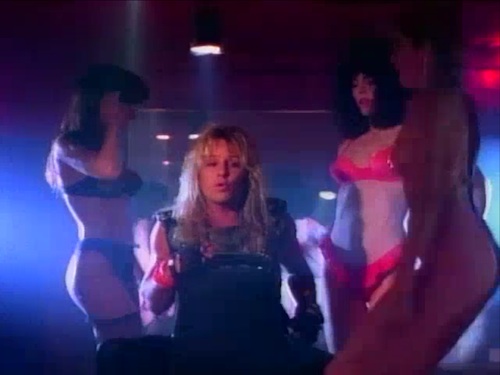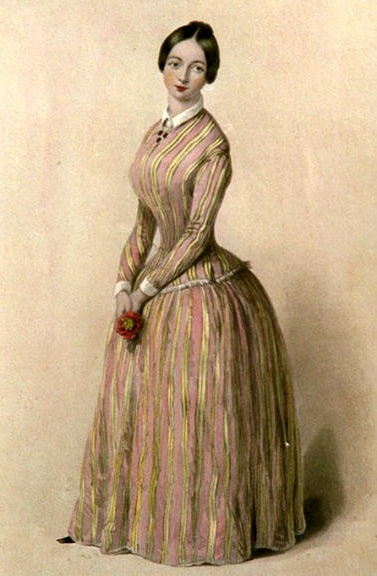Kat’s 2011 Top 10 Stupid Headlines About Sex Work
 10. Missouri Supreme Court to Strip Club Owners: “Tough Titties” Judges are always talking about boobs and shit. This is actually a big deal but who can resist a good pun, right? Sleaze To Meet You, too, journalists. I hate to break it to you, but you guys have been using the same puns to write about sex work since the beginning of time.
10. Missouri Supreme Court to Strip Club Owners: “Tough Titties” Judges are always talking about boobs and shit. This is actually a big deal but who can resist a good pun, right? Sleaze To Meet You, too, journalists. I hate to break it to you, but you guys have been using the same puns to write about sex work since the beginning of time.
9. Park Slope Adderall Ring Nets Stripper-Turned-Med Student / Bank Robbing Stripper And Brothers Caught After Car Chase, Gun Battle At what point do we get to be thought of as simply daughters, sisters, mothers, lovers, adderall-traffickers and bank robbers? Seriously, how does stripping still trump crime sprees? Why don’t we get to hear where the stripper’s loser brothers worked? I bet their employment histories would be interesting.
8. Mother Who Turns Her Life Around After Stripping Dies in Wreck See number 9.
7. How To Kiss A Stripper Without Getting Burned We haven’t had the energy to respond every time Complex used content about sex work to get traffic this year, although we did here and here. (Want to be more irritated? You’re welcome.) This was a bad one though. Yes, watch out for those complimentary French kisses that come with every lapdance. If you want to know how Herpes simplex originated, imagine a Contagion-style montage that leads back to a stripper locking lips with a monkey who then gestures that he left his wallet in his other vest and gets kicked out by the bouncers.



